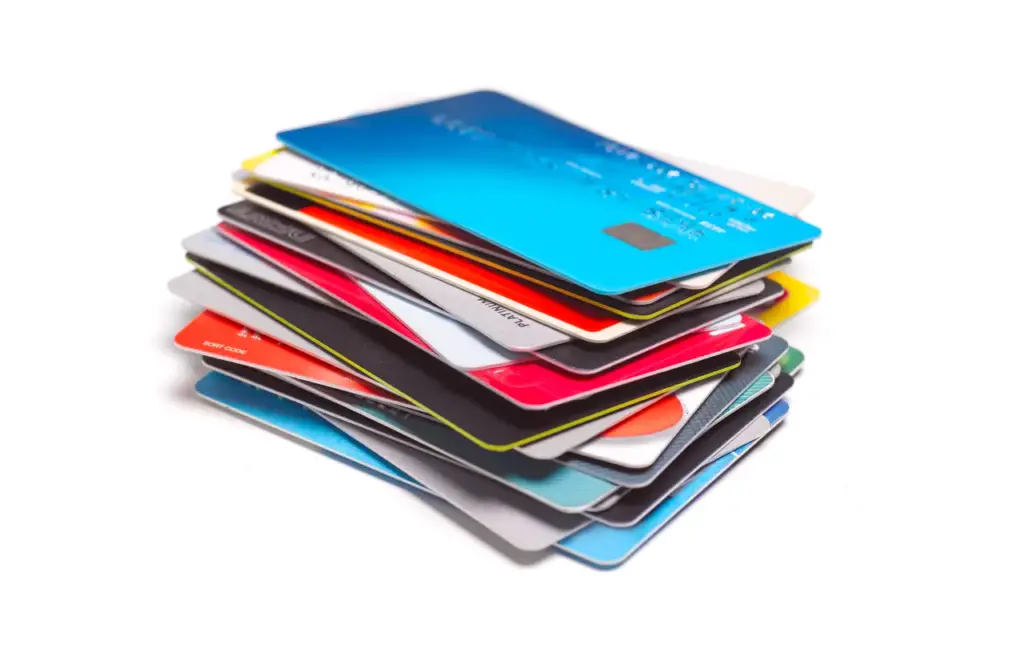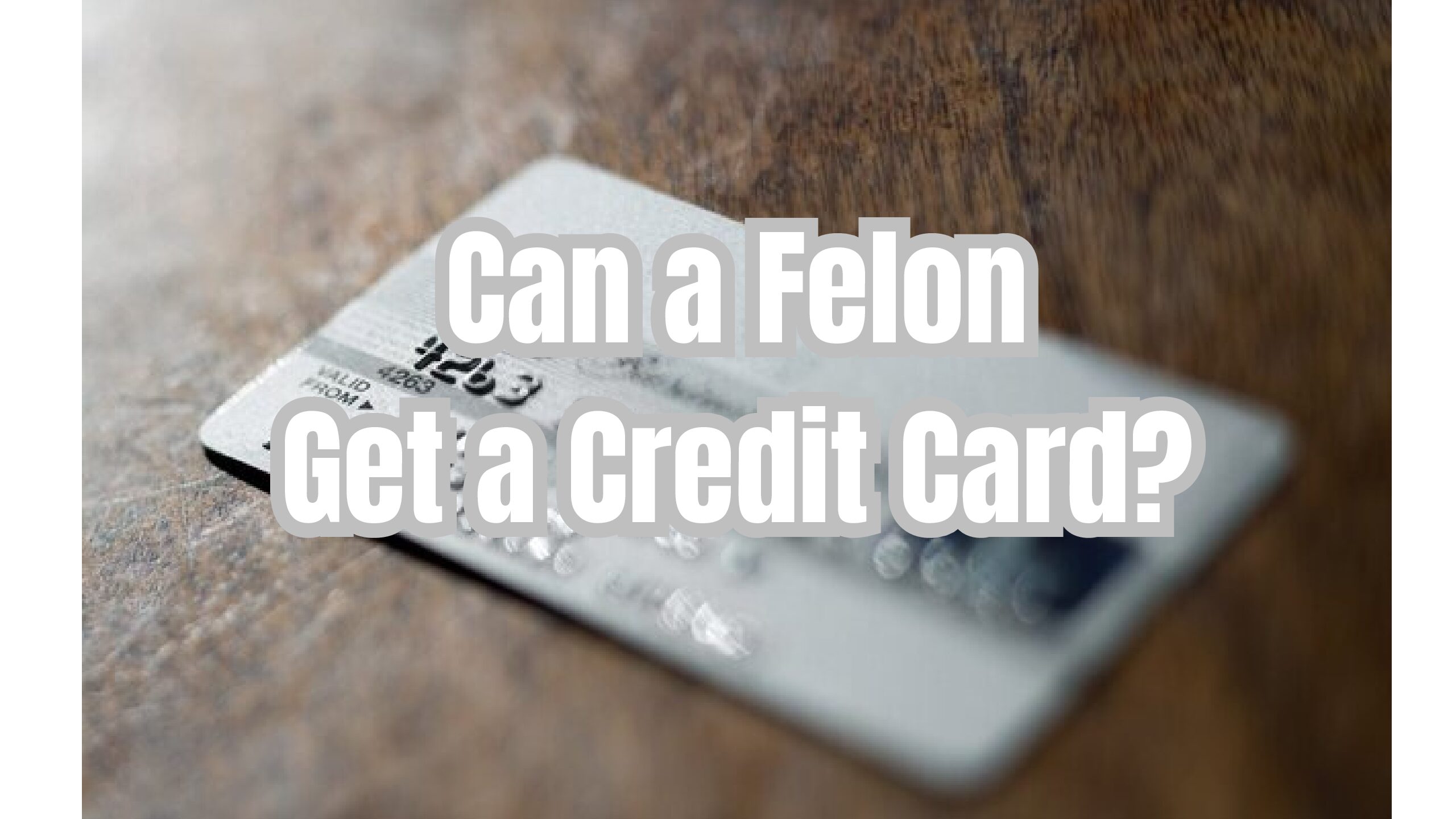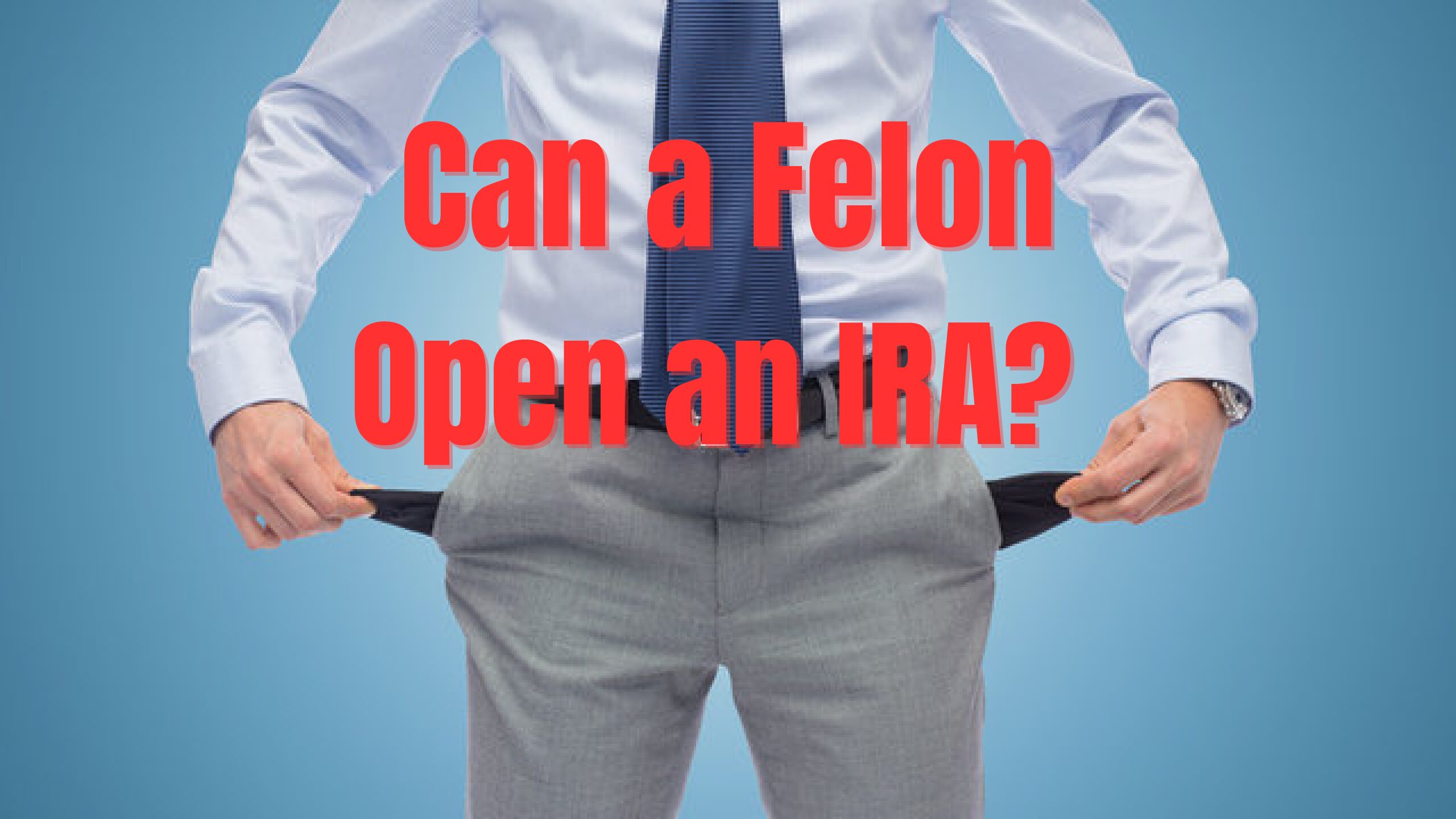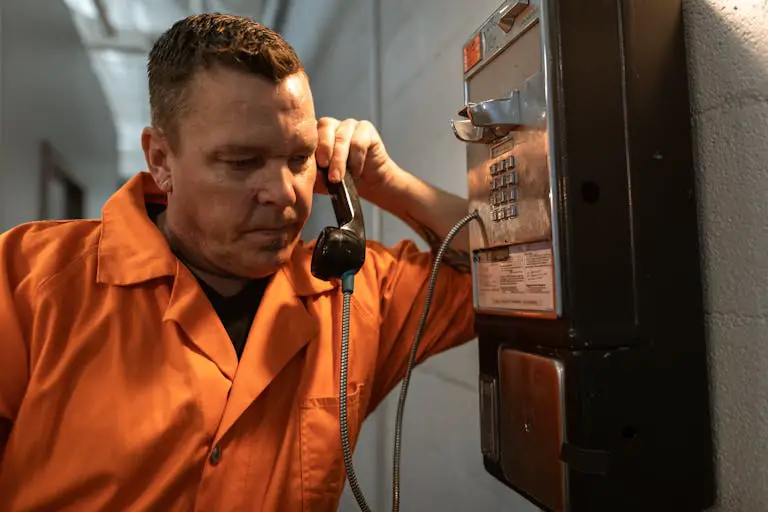CAN A FELON GET A CREDIT CARD?
Finances are often seen as a complex and highly stressful subject for many people, but especially more so for individuals with legal complications, such as criminal convictions or felony convictions. In that regard, one very basic question that arises on the subject of money and finance is whether an individual with a felony can obtain a credit card.
In other words, as a convicted felon, I am thinking to myself… is there some bullshit rule or regulation that does not allow someone with a felony access to credit, through means and by way of a credit card? I mean, it seems logical as many other things are taken away from us.
This concern is not without base, given the crucial role that credit plays in different aspects of daily life, from securing a mortgage to financing a car.
And while felonies themselves will not directly disqualify one from credit approval, indirect factors such as steady employment and income are often associated with the challenges a felon will face, which all come into play.

Credit Card Eligibility for a Felony Conviction
A better quality of life is something that we all wish to attain, and the subject of money plays a crucial role in just how well that quality of life turns out. Among the primary tools that (potentially) help to actualize that objective are credit cards. Yet, one demographic remains uncertain about their eligibility—those individuals who bear the status of a convicted felon.
Credit card companies traditionally are associated with conservative policies and stringent rules; after all, lending credit involves risk. Notwithstanding these facts, yes, a felon (or someone with a criminal record) may get a credit card.
Bear in mind, that the process to obtain a credit card varies, blending laws, corporate policies, and the applicant’s financial well-being.
It is of the utmost importance to clear the misconception that breaking the law automatically results in credit repercussions. This is false.
On a legal level, the law does not enforce any regulations that explicitly inhibit felons from acquiring credit cards. The Fair Credit Reporting Act can attest to this as it does not consider one’s criminal background in assessing creditworthiness.
Additionally, credit card companies may offer a lower initial credit line to applicants with a criminal record, which can be increased over time with responsible use.
What credit card issuers prioritize goes way beyond one’s criminal records. These card companies focus predominantly on the applicant’s credit score, credit history, outstanding debts, and income level. If someone satisfies these conventional finance-centered criteria, they have a very strong chance to obtain a credit card, felon or not.
Nonetheless, it is worth noting that the obstacles on the path to acquiring credit cards often stem from a felon’s employment history, as the collateral damage from the employment gaps and financial instability due to incarceration, factors unfavorably towards the individual’s situation.
Yet, these obstacles do not bar felons from participating in the world of credit cards. Managing a credit card bill responsibly is crucial for felons looking to rebuild their credit, as timely payments can significantly improve their credit score.
Understanding Credit Options
Navigating the world of credit can be daunting, especially with a felony conviction. However, understanding your credit options is the first step towards financial stability. One of the most accessible options for felons is a secured credit card. Unlike traditional credit cards, a secured credit card requires a deposit, which typically sets your credit limit. This makes it a safer bet for credit card companies, as the deposit acts as collateral.
Secured credit cards are particularly beneficial for those with a troubled credit history. They offer a way to rebuild your credit by demonstrating responsible use. Over time, consistent, on-time payments can help improve your credit score, making you more attractive to other credit card companies.

Another approach involves applying for retail or gas credit cards. These cards usually have a more lenient approval process and lower credit requirements, thus making it easier for people with low credit scores to attain. Over time, responsible use of these cards strengthens one’s credit score.
In addition to secured credit cards, some credit card companies offer specialized credit cards designed for individuals with felony convictions. While these cards may come with higher interest rates or fees, they provide an opportunity to establish a positive credit history.
When applying for any credit card, it’s crucial to read the terms and conditions carefully. Look for cards with low fees, reasonable interest rates, and a credit limit that suits your needs. Some credit card companies also offer credit-building tools, such as credit monitoring and alerts, to help you stay on top of your credit history.
You may also want to check out Will a Felony Affect My Credit Score?
Credit Reports and History
Your credit report is a vital component of your financial profile. It contains detailed information about your past credit accounts, payment history, and any negative marks like bankruptcies or foreclosures.
As a felon, you might face challenges in obtaining a copy of your credit report due to your criminal record. However, you are entitled to request a free credit report from each of the three major credit bureaus—Experian, TransUnion, and Equifax—once a year.
When you receive your credit report, scrutinize it for any errors or inaccuracies that could be dragging down your credit score. Mistakes happen, and they can be disputed with the credit bureau. Correcting these errors can have a significant positive impact on your credit rating.
Regularly monitoring your credit report ensures that it remains accurate and up-to-date, helping you stay informed about your financial standing.
Rebuilding Credit and Financial Stability
Rebuilding credit and achieving financial stability is a journey that requires time, effort, and strategic planning. As a felon, you may encounter unique obstacles in accessing credit and financial services, but there are steps you can take to improve your credit score and overall financial health.
First and foremost, make on-time payments on any credit accounts you have. This will help you establish a positive payment history, which is crucial for improving your credit score.
Additionally, keep your credit utilization ratio low by avoiding high credit card balances. Aim to use less than 30% of your available credit to show lenders that you can manage your debt responsibly.
Opening a savings account or checking account can also demonstrate your financial stability. These accounts help build a positive banking history, which can be beneficial when applying for credit or loans in the future. Moreover, having a savings account can provide a financial cushion, reducing the likelihood of missed payments.
Finally, avoid applying for multiple credit cards or loans in a short period, as this can negatively affect your credit score. Instead, focus on building a positive credit history over time by making responsible financial decisions. Patience and consistency are key to rebuilding your credit and achieving long-term financial stability.
Conclusion
In conclusion, for felons working to revive their creditworthiness, the journey can be challenging, but it is attainable.
Remember, your past doesn’t have to dictate your future, especially where finance is involved. Rebuilding credit and financial stability as a felon requires patience, persistence, and responsible financial decisions.
It requires patience, discipline, and a significant amount of determination. By adopting these strategies, felons can get back on the path to financial stability and recover their damaged credit score.
By understanding your credit options, monitoring your credit report, and taking steps to rebuild your credit history, you can improve your financial stability and access better credit options in the future.







